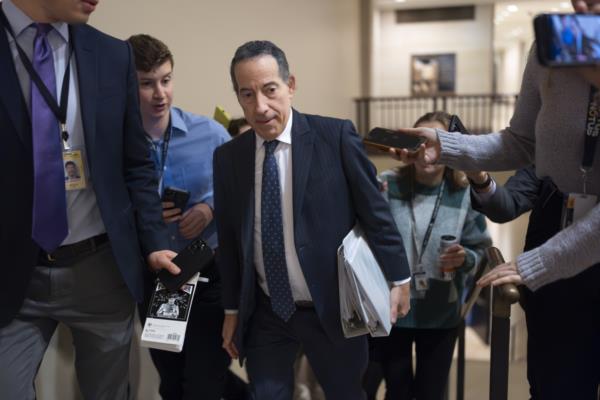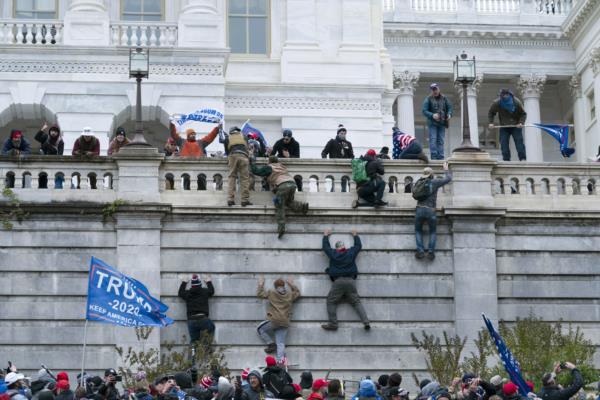
As the fourth anniversary of the Jan. 6 Capitol attack approaches, attention is now focused on the possibility of President-elect Donald Trump pardoning over 1,500 individuals charged in connection with the riot. Trump has indicated his intention to issue pardons to rioters on his first day in office, with a swift process expected. While some lawmakers, like Rep. Marjorie Taylor Greene, advocate for blanket pardons, others believe each case should be reviewed individually.
Over 1,250 individuals have pleaded guilty or been convicted for their involvement in the Jan. 6 events, with more than 650 receiving prison sentences ranging from days to 22 years. Many of the rioters were influenced by Trump's false claims of election fraud, leading to the breach of the Capitol and disruption of the certification of Joe Biden's victory.
Law enforcement officers who defended the Capitol express outrage at the prospect of pardons, citing the injuries sustained during the attack. The violence on Jan. 6 resulted in approximately 140 officers being injured, marking a significant assault on law enforcement.
While some Republicans support pardons for non-violent offenders, others, like Rep. Jim Jordan, emphasize the need for distinctions based on the severity of actions. Rep. Dusty Johnson echoes this sentiment, highlighting the importance of considering individual circumstances.












House Democrats, who led efforts to impeach Trump over the Capitol attack, caution against the implications of pardons, particularly for groups like the Oath Keepers and Proud Boys convicted of seditious conspiracy. Rep. Bennie Thompson stresses the need to uphold peace and security, especially for law enforcement personnel.
Rep. Jamie Raskin, who played a key role in Trump's impeachment trial, suggests that any pardons should be accompanied by contrition and assurances of no further threat to public safety. Lawmakers who experienced the Capitol siege firsthand express deep concern over the potential pardons, given the personal impact of the events.
In conclusion, the debate surrounding Trump's possible pardons for Capitol rioters underscores the complex legal and moral considerations at play, with lawmakers and law enforcement officials closely monitoring the developments.







